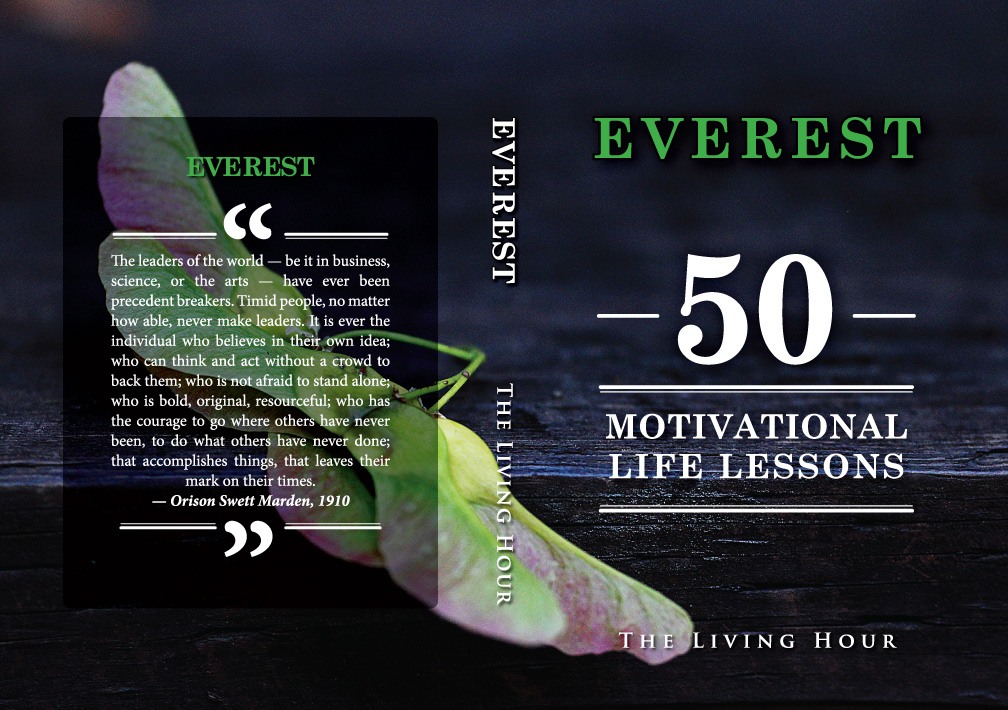29 Mar How to Be Bold & Conquer Fear | Self-Improvement Podcasts
Welcome to the Inspirational Living podcast. I’d like to start today with a little news. We have decided to expand the reach of our podcast by now uploading to YouTube. At first, we weren’t sure of what kind of video to use to accompany our podcast. But many of you have told us that you often listen to our podcast in the late evening while relaxing with a glass of wine or cup of hot tea.
So, we thought why not match our podcast with a burning campfire. Now you can pull up our podcast on your television (if it is connected to the internet) as a YouTube fireside chat, while enjoying your drink of choice.
Of course, preparing and uploading our catalogue of nearly 150 podcasts to YouTube, while updating with new podcasts each week, will require more work. So, if you would like to help support us, remember that you can do so for as little as $1 a month. To learn more about becoming a sponsor, please visit LivingHour.org/sponsor. Many thanks in advance.
Now on to today’s reading, which has been edited and adapted from How to Develop Your Will Power by Clare Tree Major, published in 1920.
THE most destructive force in the world is FEAR. Almost all failure and almost all crime can be traced to one form or another of this most prevalent evil. Fear is the father of doubt, and doubt is the murderer of success. It shows itself in many forms, from the physical fear which is part of our animal inheritance, to the more subtle and dangerous forms which attack our mental life and sap our strength at its very foundation.
Mental fear is more treacherous because it often clothes itself in fair disguises. As prudence, or caution, or the normal instinct of self-preservation, it masquerades so successfully that one often deceives oneself. Prudence and caution and the instinct for self-preservation are necessary and useful if they are inspired by reason, and not by fear — for fear cripples and destroys, it does not help.
Fear has absolutely no place in human life and development. It is an entirely extraneous and harmful emotion. It is born of an exaggeration (by the imagination) of the power of other things or conditions, until we believe it to be superior to our power. It is an entirely false and misleading attitude of mind. At the moment of crisis, when our need is the greatest, it betrays us to the very danger we fear by robbing us of the very qualities of mind which we need to overcome it.
Fear destroys mental balance. Under the influence of fear, you cannot perceive clearly, imagine truly, reason logically, nor act usefully. The only thing in the world worth fearing is FEAR.
If you have a problem to meet, fear will decrease or entirely destroy your power to meet it. Fear will build problems where none existed. Fear will create as much harm over something of its own imagining, as if the imagined thing were real.
Let’s say you are sitting alone in the house after dark, thinking you hear robbers stealthily trying the windows, or creeping from door to door, or perhaps actually prowling about your rooms. You begin to suffer just as keenly, perhaps more so, than if the danger were real. There is nothing there, yet physically and nervously you have received as great a shock as if there were. This situation repeated sufficiently often will make you a nervous wreck, sacrificed not to danger, but to fear.
READ THE ENTIRE ESSAY IN EVEREST: 50 MOTIVATIONAL LIFE LESSONS

